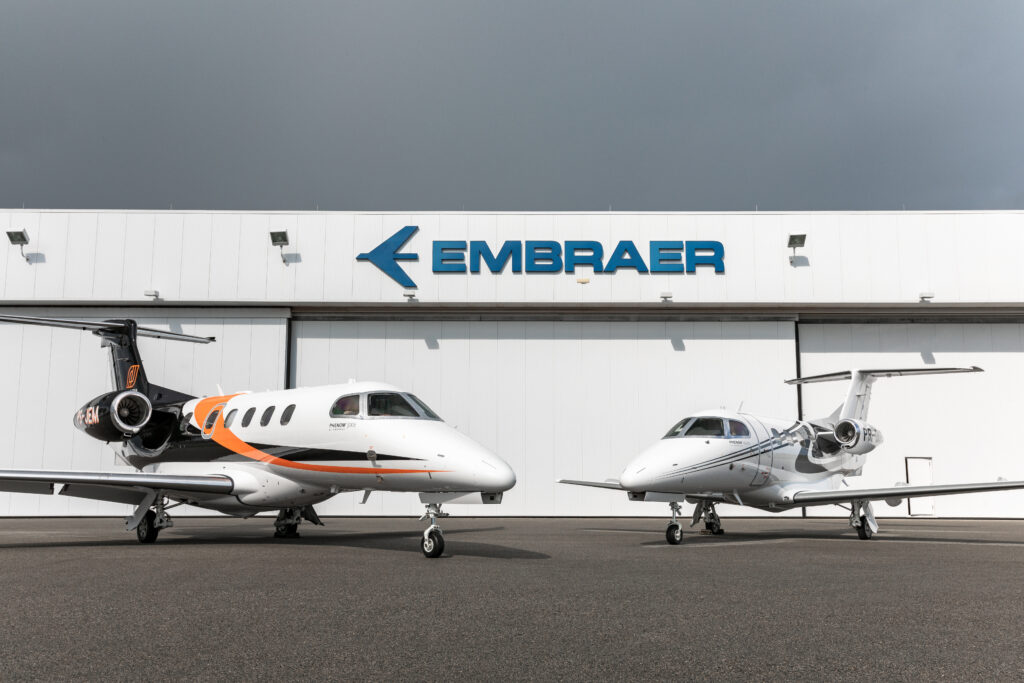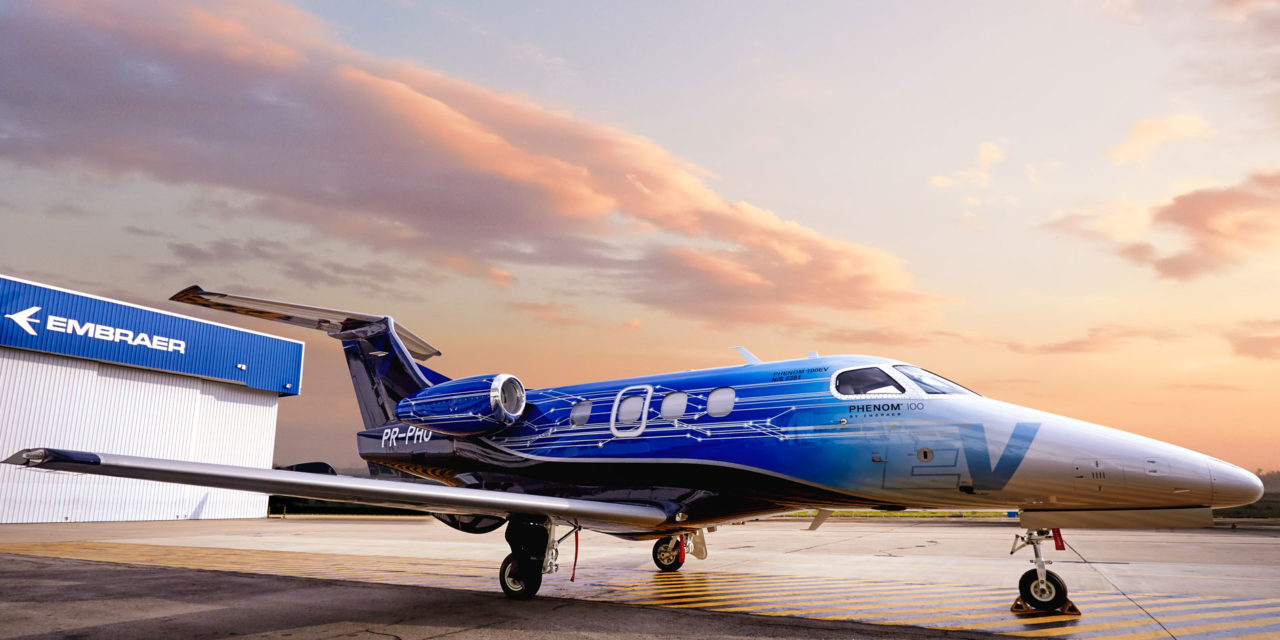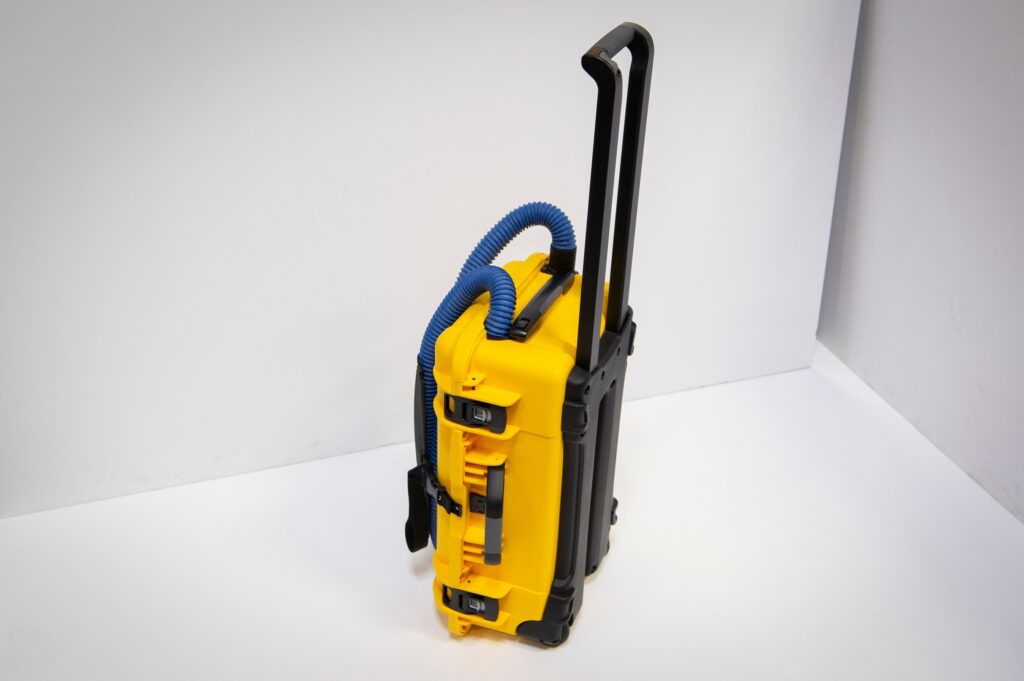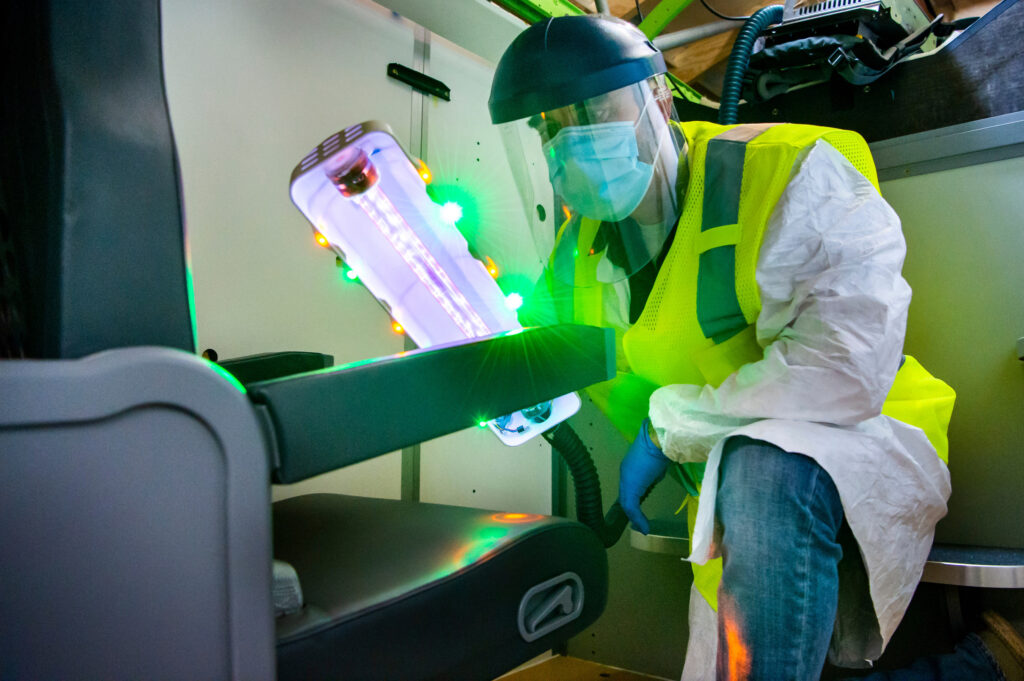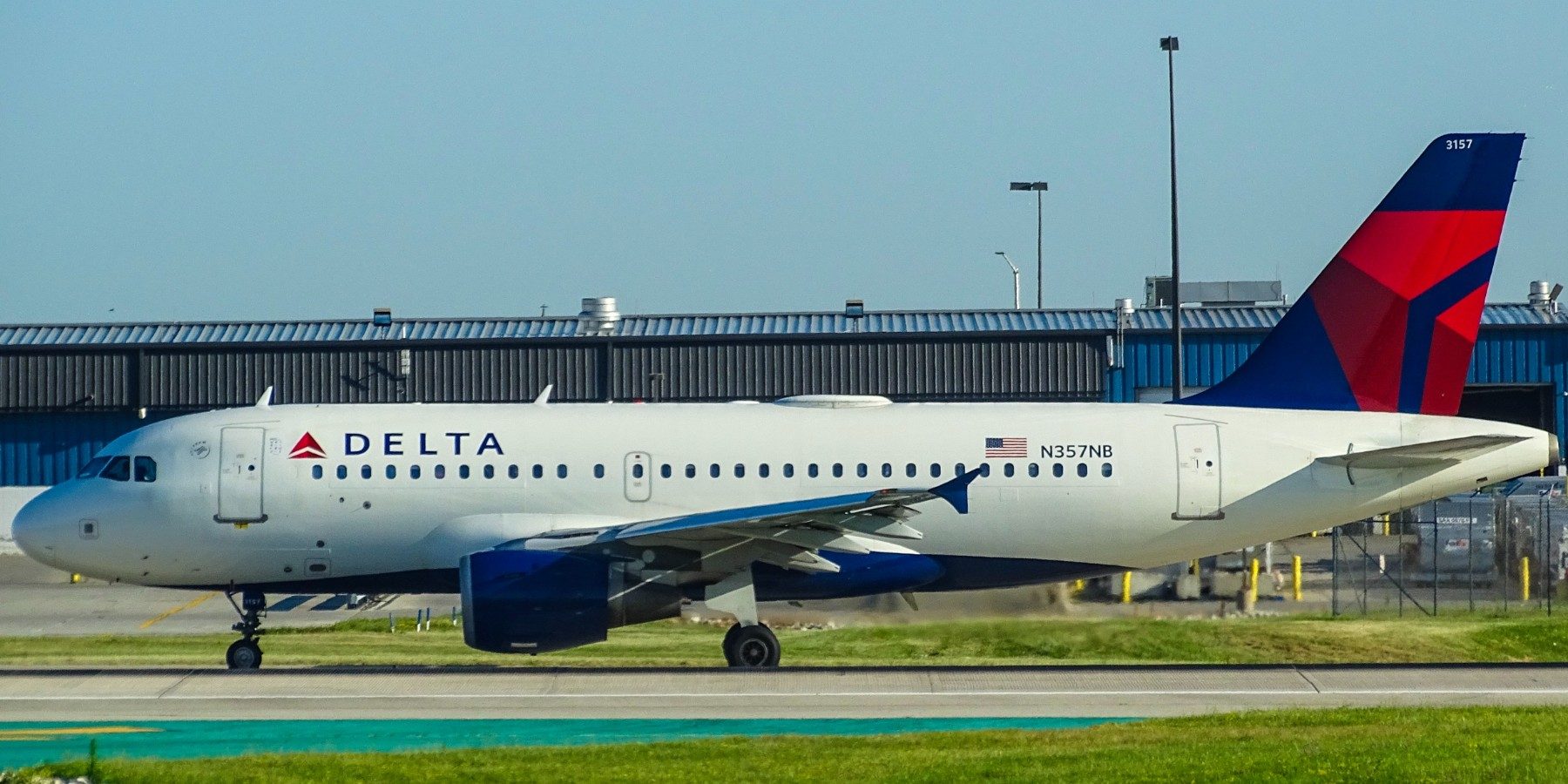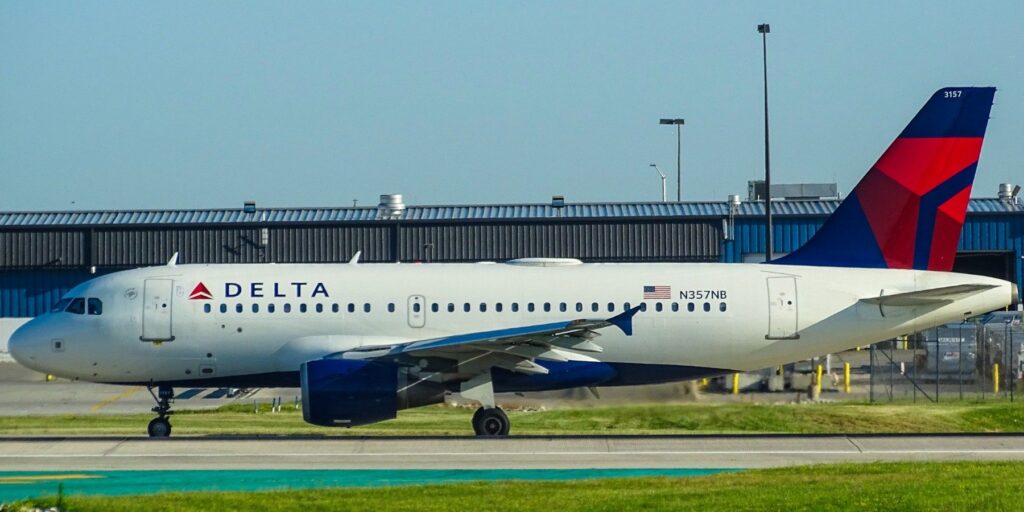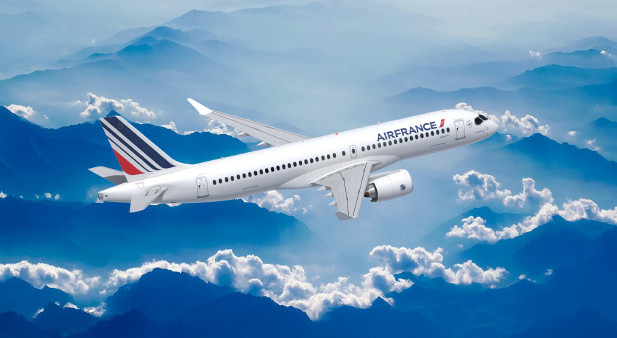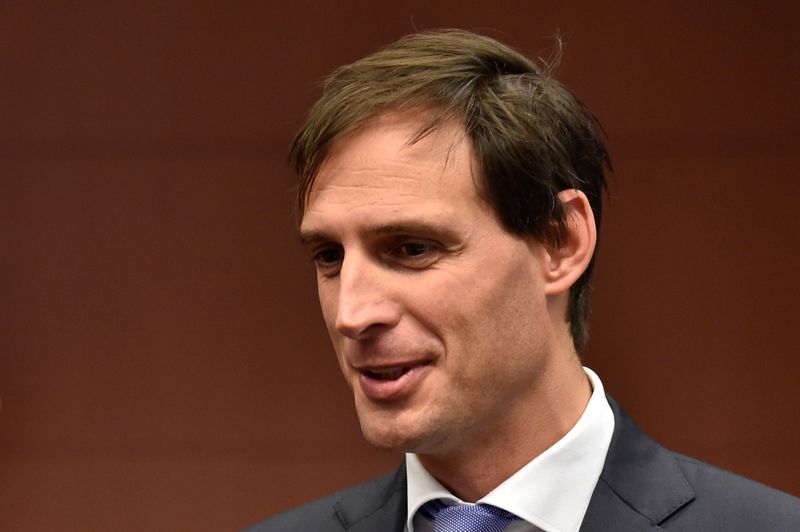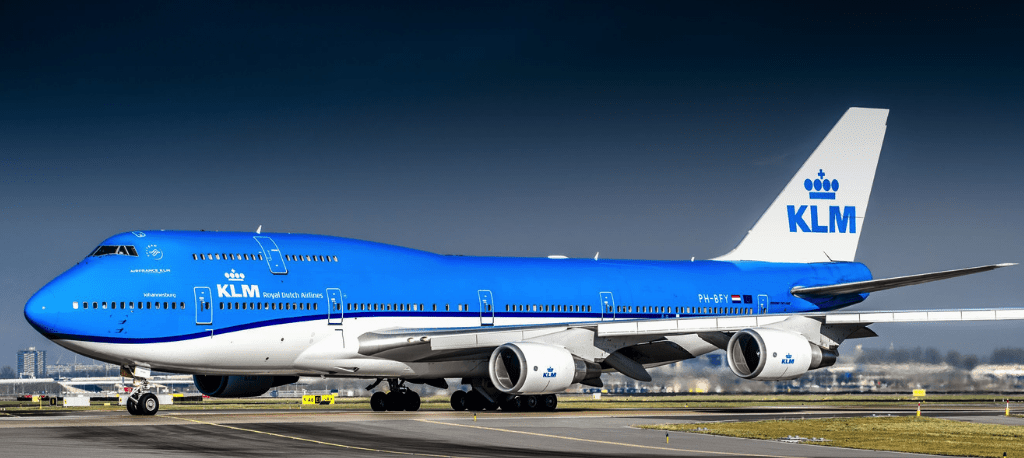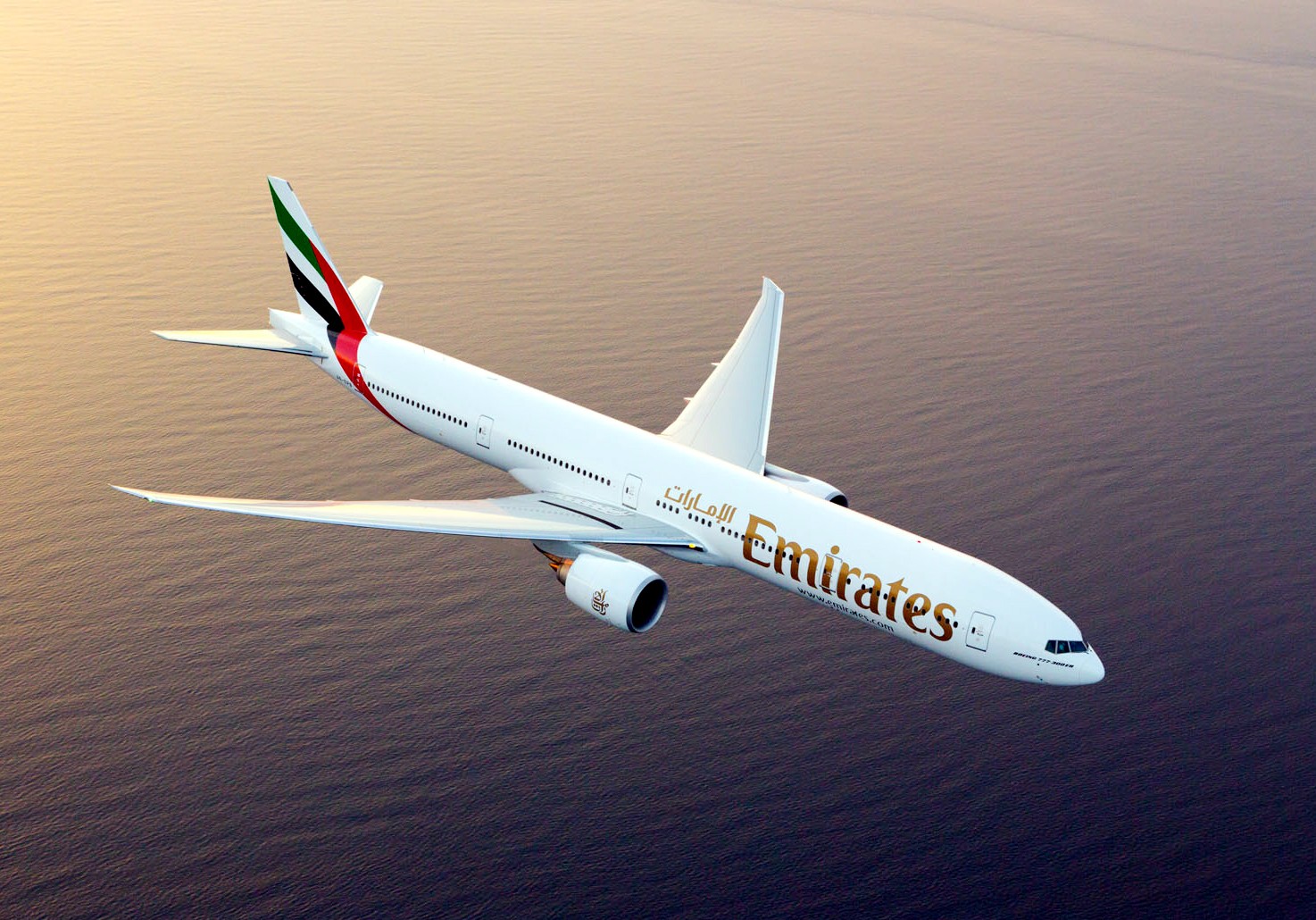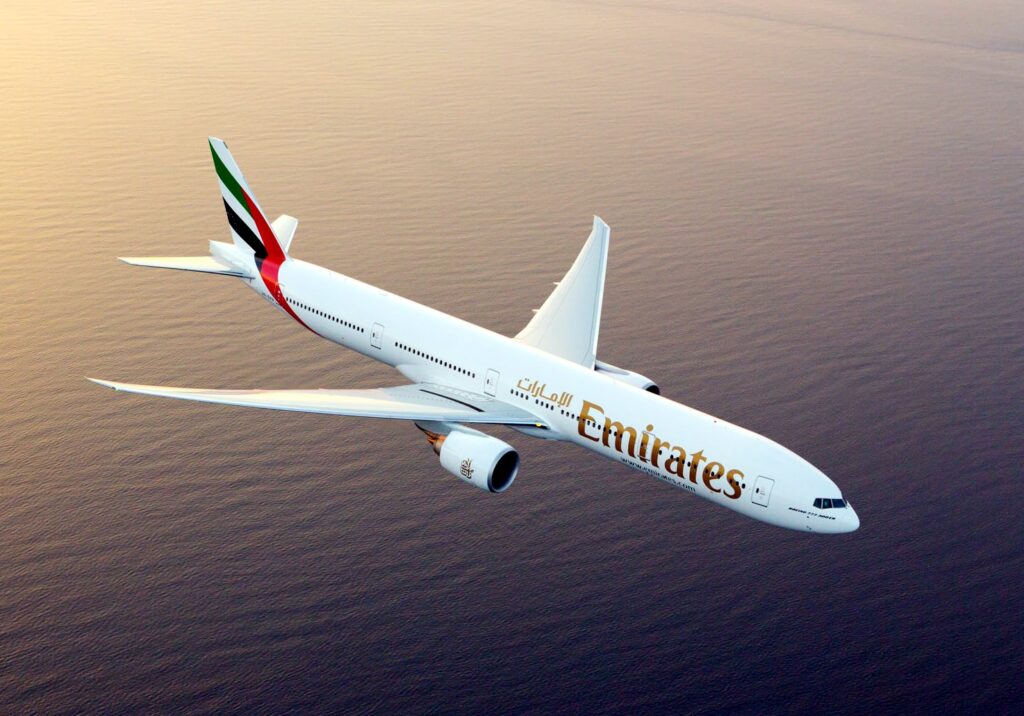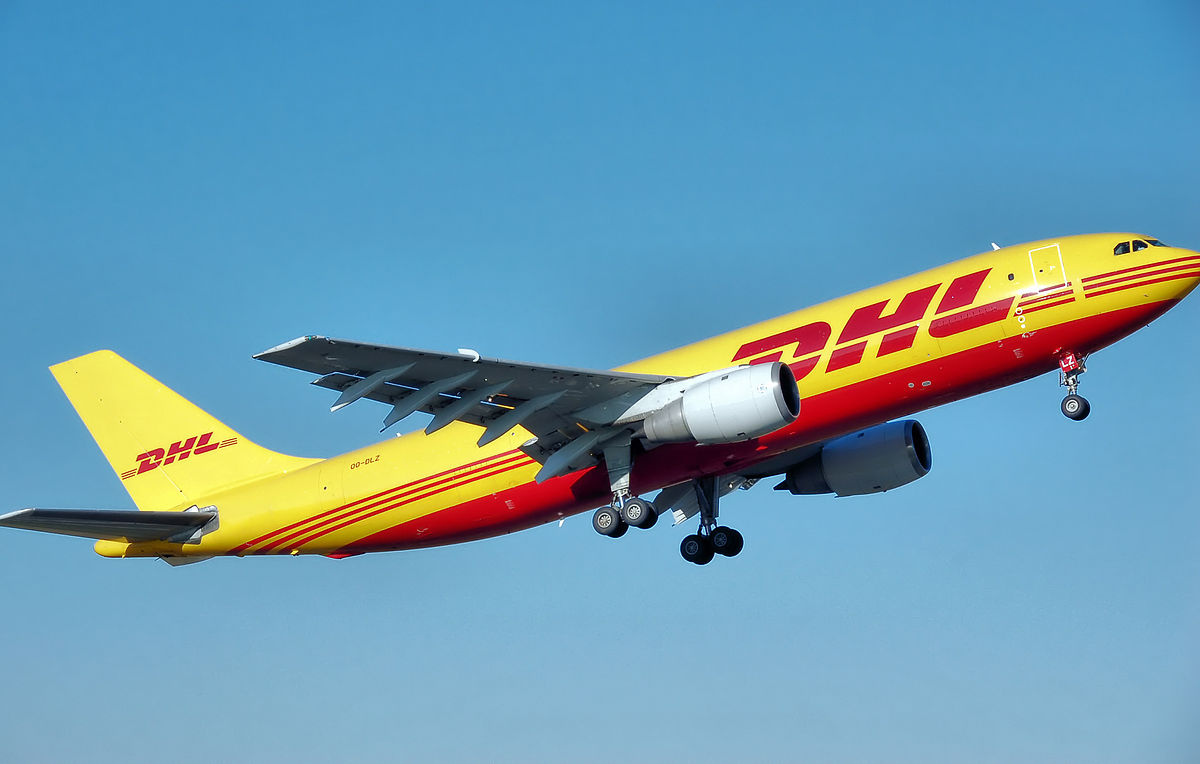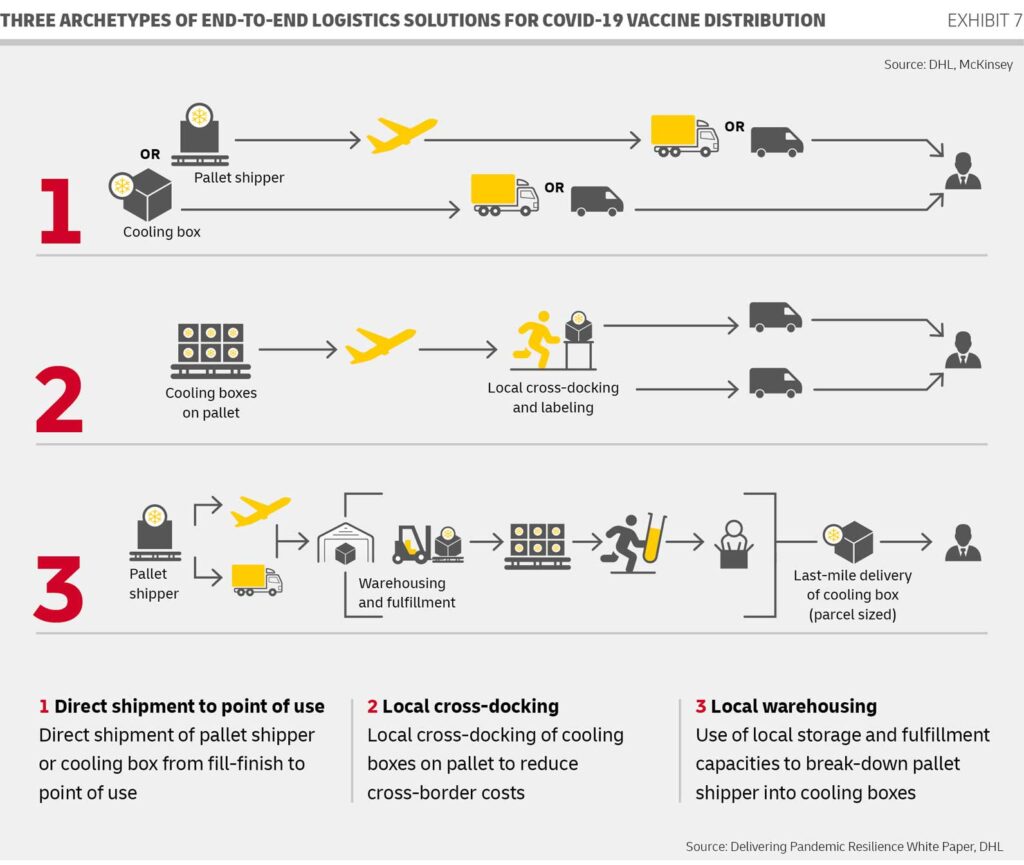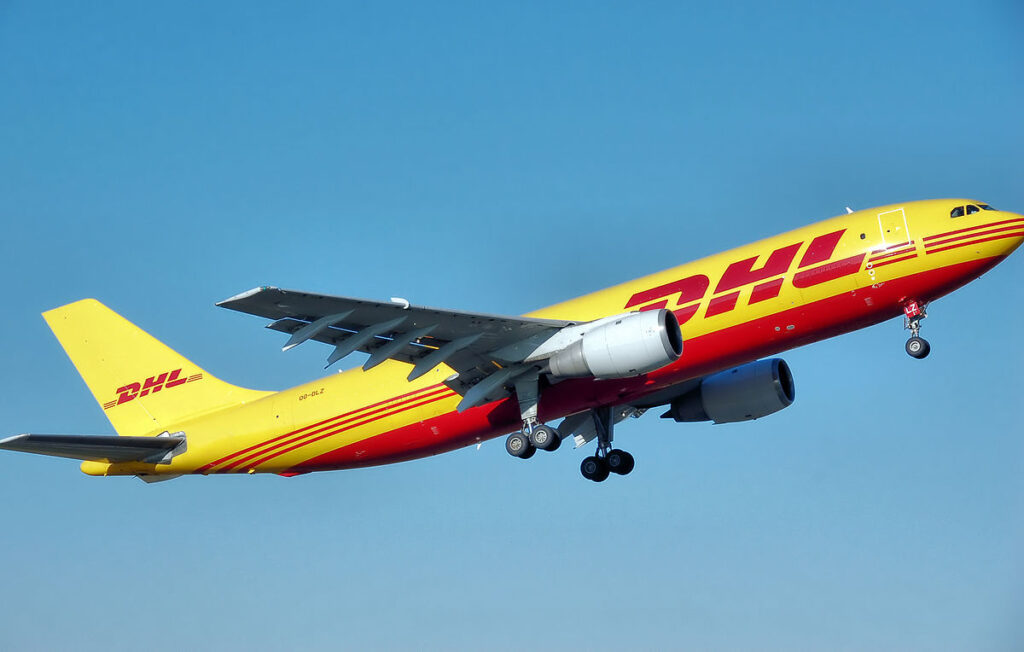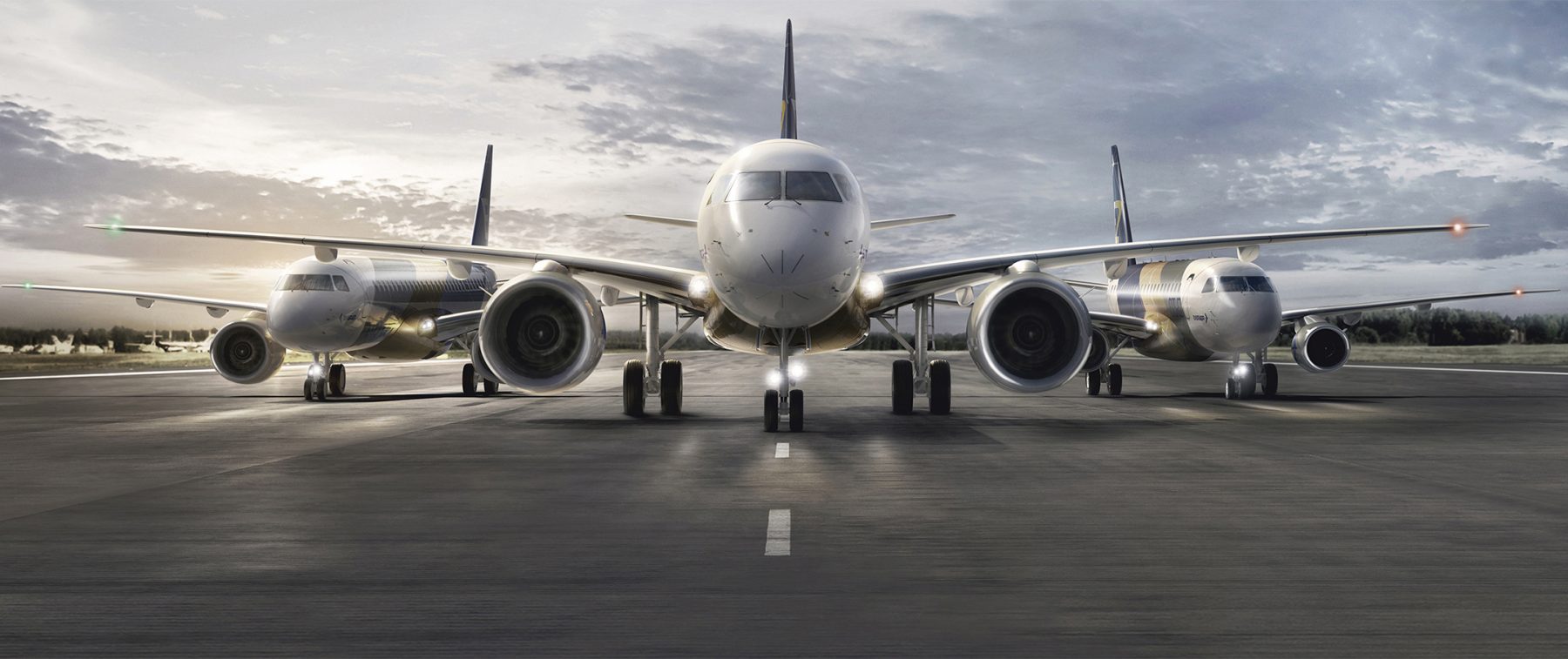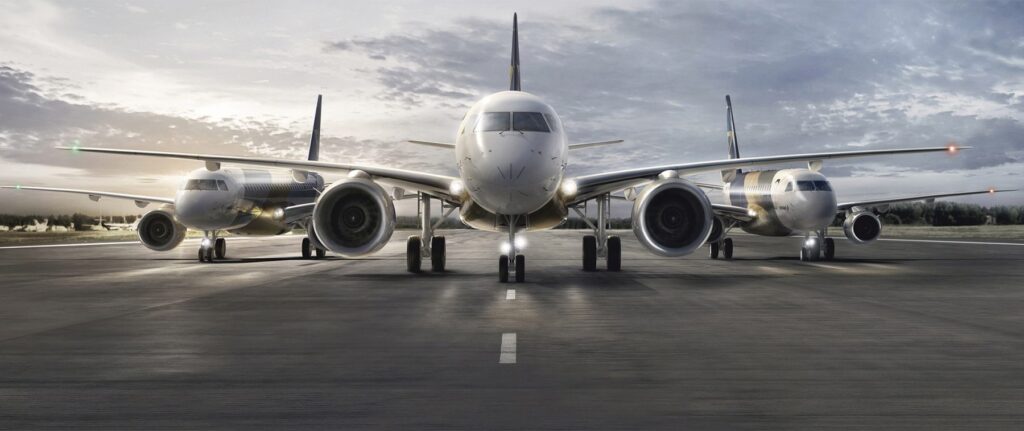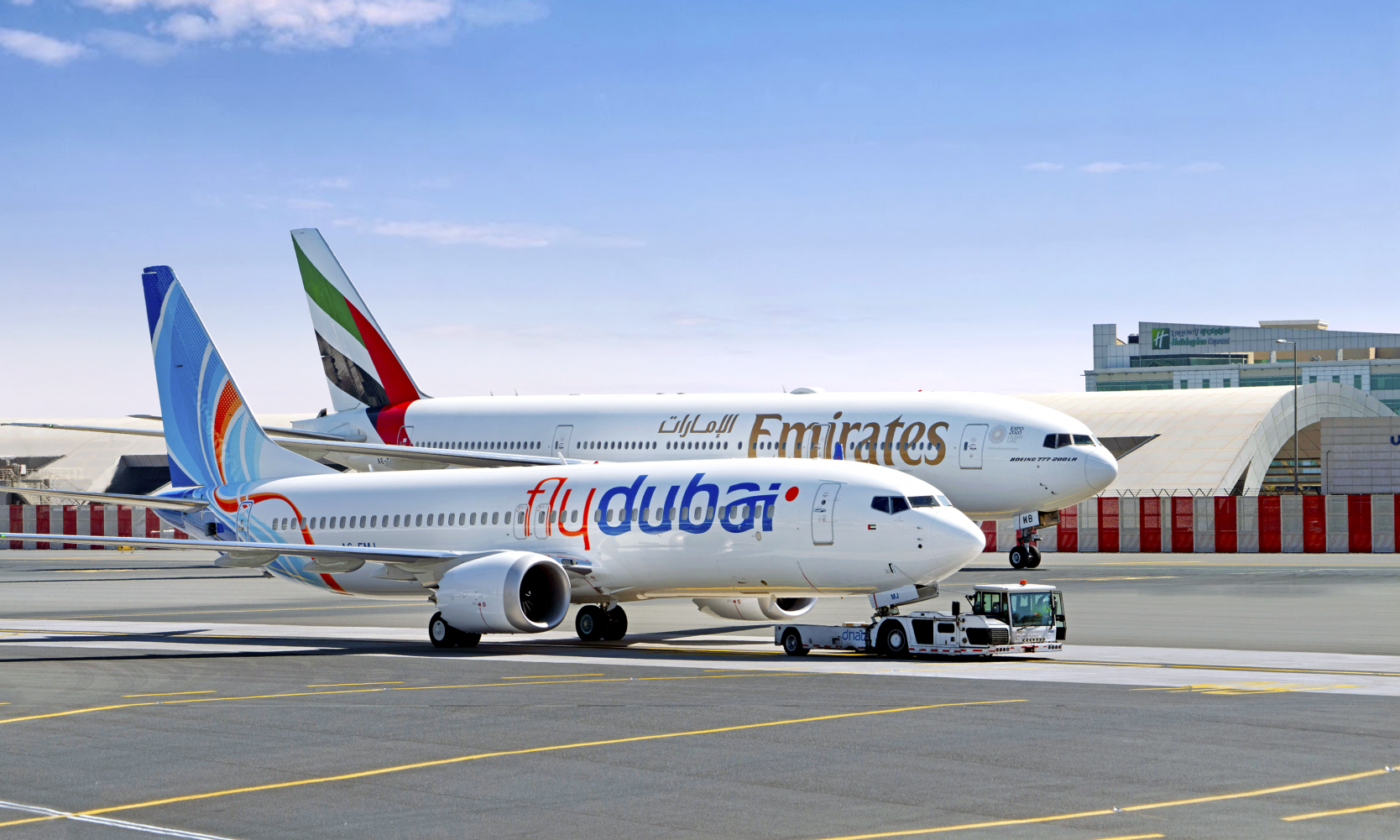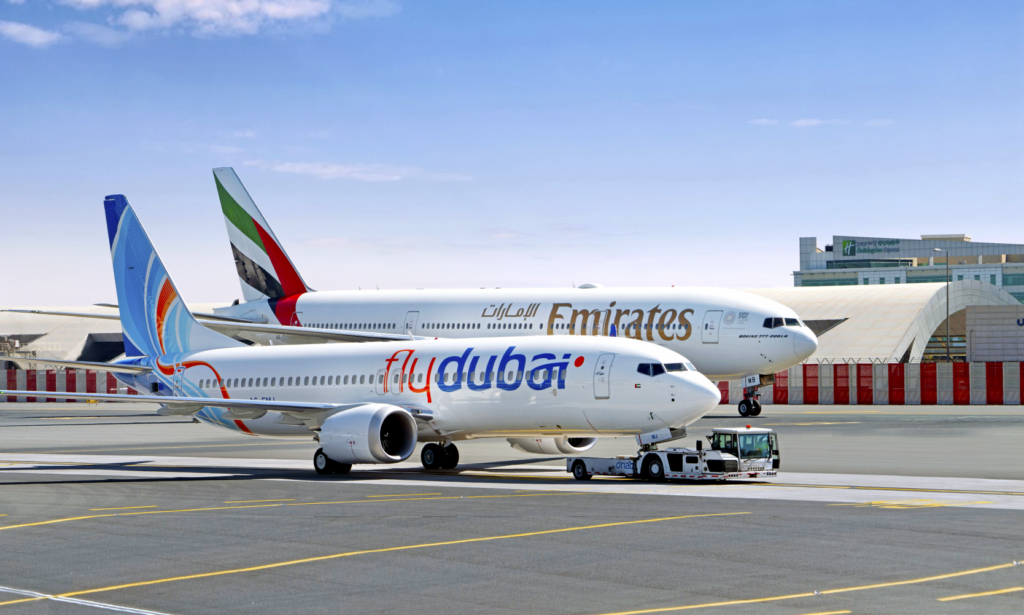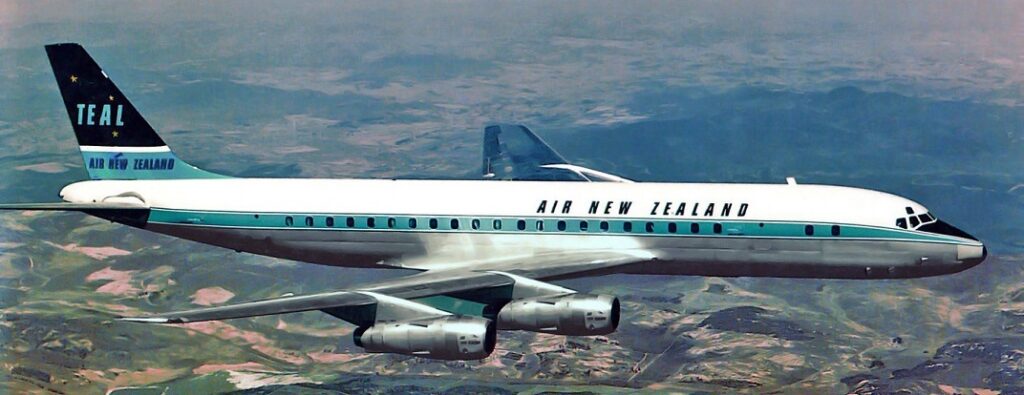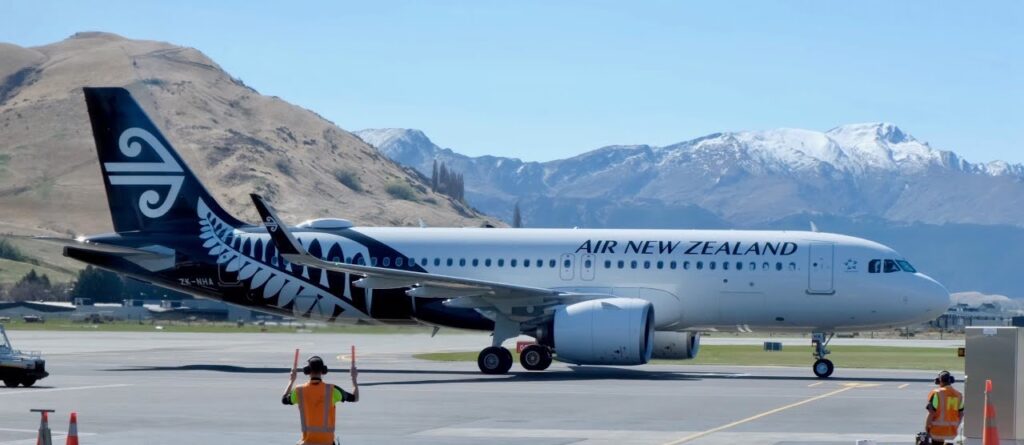Embraer today announced the delivery of a Phenom 100EV and a Phenom 300E to two separate Brazilian customers, marking the company’s 250th business jet delivery in Latin America. The Phenom 100EV was delivered to an undisclosed industrial company, which selected the aircraft to maintain crucial business operations during the COVID-19 pandemic. The Phenom 300E was delivered to AGROJEM, an agribusiness company.
“We are proud to deliver the ultimate experience in business aviation to two new valued customers from Embraer’s home country of Brazil,” said Michael Amalfitano, President & CEO of Embraer Executive Jets. “These deliveries are proof of the inherent value of business aviation, in that each company is purchasing their first business jet for the exclusive time efficiencies and cost savings, as well as the privacy, health, and safety benefits.”
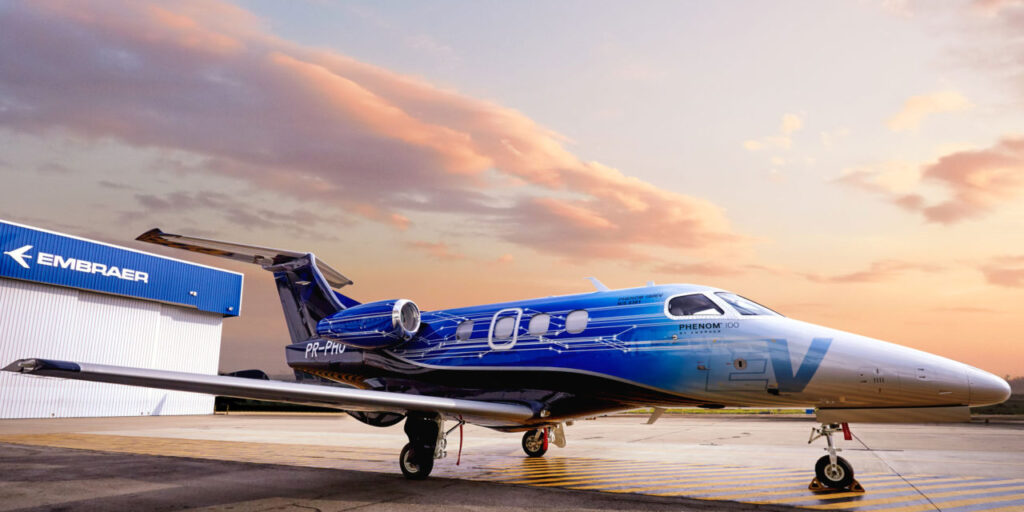
“Due to our continuous expansion of operations, we made the decision to transition from a turboprop to the new Phenom 300E. With our previous aircraft, we flew 200 hours per year. Now, with the Phenom 300E, we expect to cover the same distance in just 120 hours per year, saving valuable time and resources,” said José Eduardo Motta, CEO of AGROJEM. “The Phenom 300E is truly a time-saving machine. Beyond reducing our travel time, the aircraft also creates the opportunity for continuous connectivity and the seamless ability to work in transit.”
A perfect distillation of the private jet experience, the Phenom 100EV is the most complete, single-pilot certified, entry-level jet in the industry. The aircraft features the tallest and widest cabin in its class, with the exclusive Oval Lite cross section, as well as the best baggage compartment in the category and an airstair typically seen only in larger categories of aircraft. Having delivered over 380 aircraft, the Phenom 100 is renowned for high utilization and low operating and maintenance costs, making it the ideal aircraft for first-time buyers.
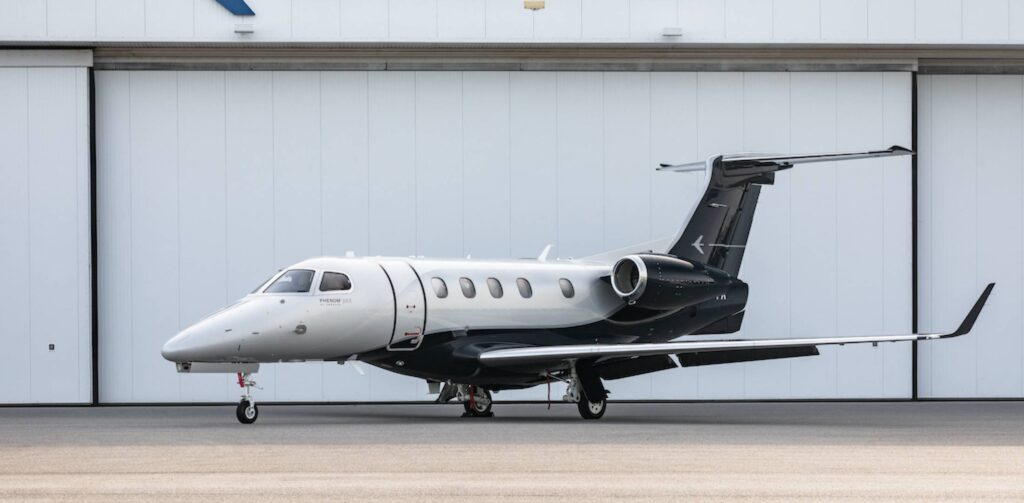
The Phenom 300E is the fastest and longest-ranged, single-pilot certified, light jet in the industry. Capable of reaching Mach 0.80, the aircraft returns valuable time to its operator. The Phenom 300E offers unparalleled technology, comfort, and performance, including the industry’s first runway overrun awareness and alerting system (ROAAS), the best cabin pressurization in its class (6,600 ft. maximum cabin altitude), and a five-occupant range of 2,010 nautical miles with NBAA IFR reserves. With over 550 aircraft delivered, the Phenom 300 is the most successful business jet of the past decade.
The Phenom jets are a preeminent example of the benefits of business aviation, especially in the COVID-19 era. Not only will both aircraft deliver point-to-point transport for the missions of their companies, the Phenoms are equipped with exclusive features for a healthy travel environment. The air management system on the Phenoms entirely cycles the air onboard every 2 minutes, and the interiors are designed with low-touch surfaces for the healthiest possible travel environment. Additionally, Embraer has tested and approved the use of MicroShield360 ― a preventative coating system that, when applied to aircraft interiors, continuously inhibits the growth of microbes on surfaces.
